Sell Better With Psychology: Sales and Self Talk
If you’re a salesperson, you probably talk a lot. You talk to your sales manager, to other people on your sales team, to potential clients, and to former customers. You might even talk to John Golden if you’re filming one of his Sales Expert Insight Interviews for SalesPOP! But, how often do you consider the things that you say to yourself? Chances are, you probably put a lot of thought into the words you say to others. You want to come off as professional, and you want to say the right things to get the sale. So why wouldn’t you put thought into the things that you say to yourself?
According to Southwest Consulting, “only 19% of people report that they “consistently monitor their internal thoughts every day.” This means that less than 1 in 5 people don’t consider what they say to themselves on a daily basis. This is a huge missed opportunity, as self talk can really influence how you feel about yourself, your ability to improve your skillset, and your communciation with your current clients and potential buyers.
Guilt vs. Shame
Guilt and shame are two emotions that are often used synonymously, and while they both produce a lot of self-talk, they are very different feelings. Guilt is when you feel negative about something that you have done. The emotion is directed towards a specific, external action. Shame, however, is when you feel negative about who you are, and the negativity is directed back at yourself. Say, for example, that you have a significant potential sale in the works. But you don’t do enough research or preparation, and ultimately you end up losing the deal.
Someone who is feeling guilty might say, “I messed up because I didn’t prepare enough. I want to make sure I never feel this way again, so I’m going to prepare more next time and do the quality work that I know I am capable of doing.” The focus is on the action – not preparing enough. Someone who is feeling an overwhelming amount of shame might think, “I am such a terrible salesperson. I didn’t prepare because I’m a bad salesperson and I will never be able to achieve my goals.” This kind of negative self-talk is directed back at the person.
The person who feels guilt identifies that what happened was bad, and they don’t want to repeat it. But in spite of the negative things they’re feeling, they empower themselves to do better next time. They know that they are skilled and capable. The person feeling the shame tore themselves down and decided that no matter what they did, they will always be a lousy salesperson because they are innately wrong. This kind of self-doubt is enough to lose sales. People with poor self-talk can inadvertently create self-fulfilling prophecies in which they enact the things they are telling themselves will happen.
Business Communication
Communication with clients and potential buyers can also be negatively impacted by poor self-talk. According to the American Management Association, there is a connection between your viewpoint of yourself, and the people that you engage with – like your customers. “The continual exchange of information between you and other people begins with the communication that takes place with one person—yourself.”
Psychology in Practise
To put better self-talk into practice, consider what you feel and what you internalize next time you lose a big account. If you say shameful things to yourself, try to reframe what you’re thinking to be more positive and empowering. Don’t ignore your mistake, but understand that you are better than your mistakes. Empower yourself to do better in the future. If you repeatedly say negative things to yourself about your skills and abilities, explore how this transfers onto your clients. Why would you continue to feed into a negative narrative? It’s so easy to switch to a more positive one and get positive results.





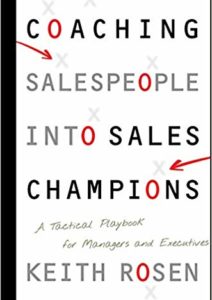
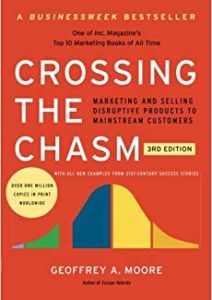




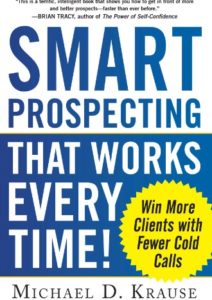
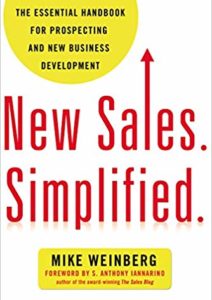
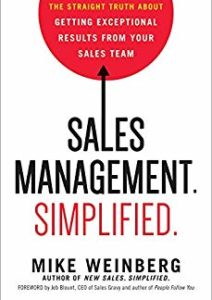
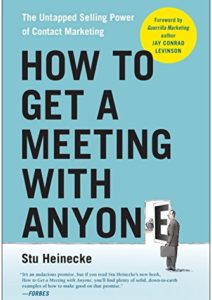








Comments (1)
Awesome and inspiring article